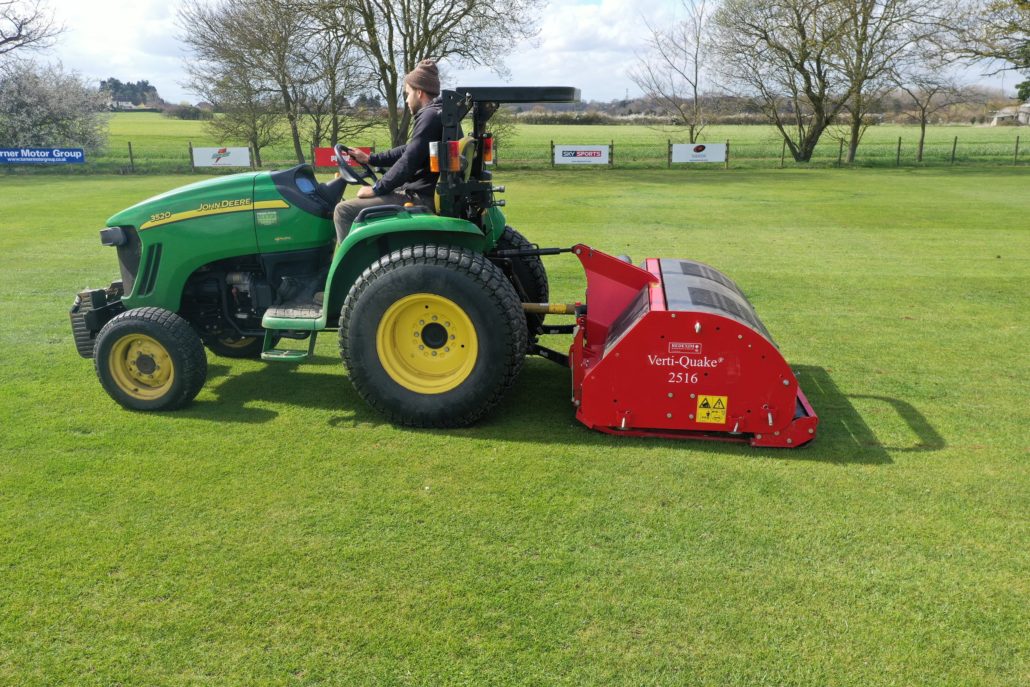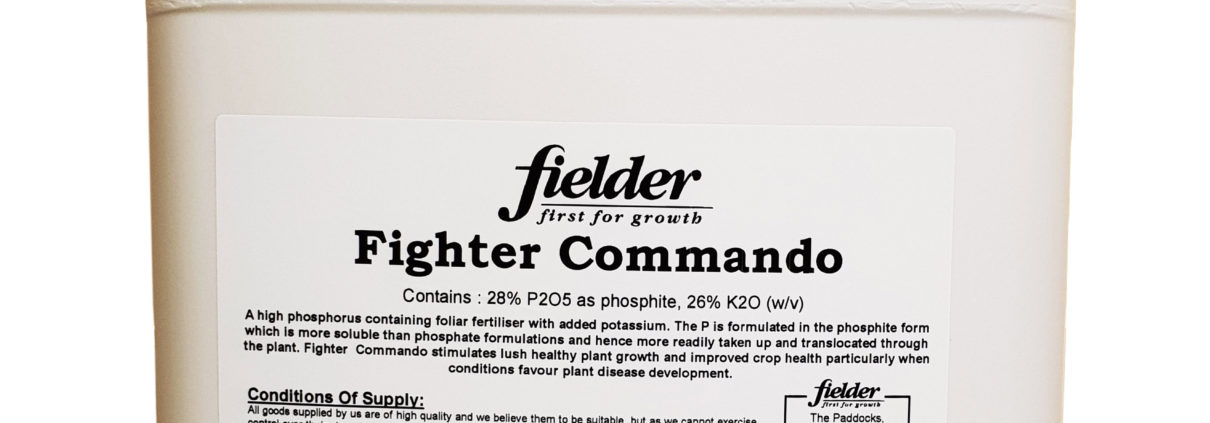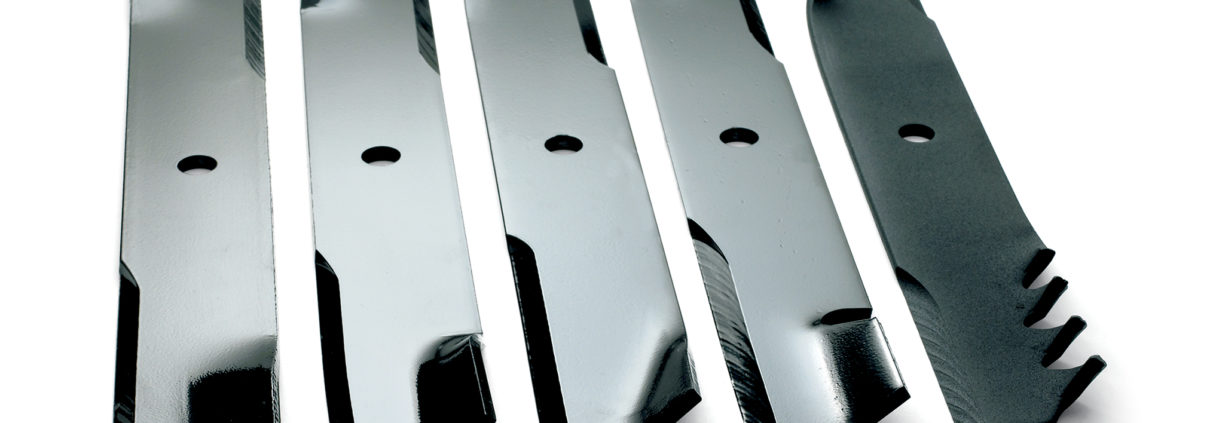Parkers Pitches’ New Verti-Quake
Parkers Pitches’ New Verti-Quake: Suffolk based sports-turf contractors Parkers Pitches are now well equipped to deal with even the most heavily compacted of surfaces, thanks to the purchase of a Verti-Quake® 2516 from Charterhouse Turf Machinery. The investment made in October 2018 by owner Will Parker, compliments his existing Verti-Drain® 7316, and sees them prepared for a busy renovation season ahead.
Established by Will in 2015 and, supported by his father Tim and new team member Alfie, Parker Pitches offer a variety of maintenance services, along with consultancy and reporting to sports facilities throughout East Anglia. “By conducting Pitch Improvement Programme (PIP) site visits on behalf of Suffolk FA, I was finding that compaction was a major issue at many sites across the region” explains Will. “We can structure an effective aeration programme with our Verti-Drain®, but I decided that with an increasing number of football clubs coming to us for help, adding a linear aerator to our fleet would be a logical step.”

“We spoke to our local dealer, Adrian Brown at Tomlinsons, who showed us the Verti-Quake® and it was just what we needed. It’s effective when used in conjunction with the Verti-Drain®, but the wave action now gives us a different way of relieving compaction on the most heavily compacted of grounds.” For football pitches, Will now recommends 2 passes with the Verti-Drain® and 2 with the Verti-Quake® each year. However, the Verti-Quake® will also come into its own as Will approaches end of season renovations for football and rugby. “Fitting the Verti-Quake® with 20mm blades will create grooves for sand dressings, letting sand down into the soil profile while keeping drainage channels free and open.”
Final word from Will, “It’s a great machine that makes what could be a difficult job, quite a relaxing one to do. It’s well-built, quiet and easy to use – we trained Alfie on it and he was away in a matter of hours! As our workload continues to grow, it’s important we invest in kit to ensure we keep pace. With the Verti-Quake®, backed up with fantastic support from Tomlinsons, we’re doing just that.”
For the latest industry news visit turfmatters.co.uk/news
Get all of the big headlines, pictures, opinions and videos on stories that matter to you.
Follow us on Twitter and Instagram for fun, fresh and engaging content.
You can also find us on Facebook for more of your must-see news, features, videos and pictures from Turf Matters.















